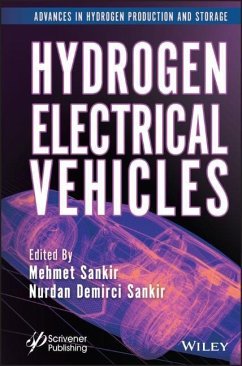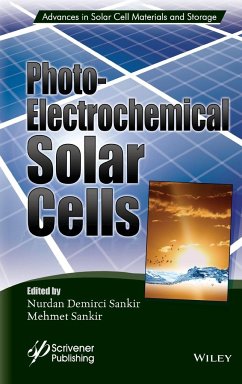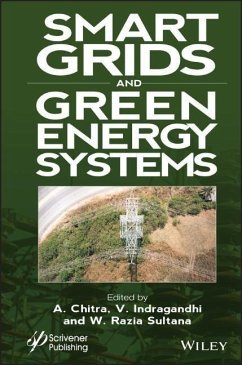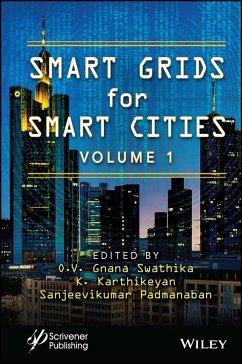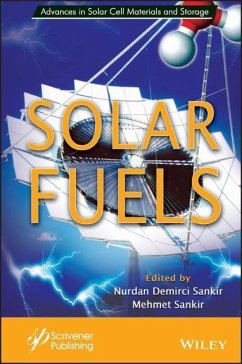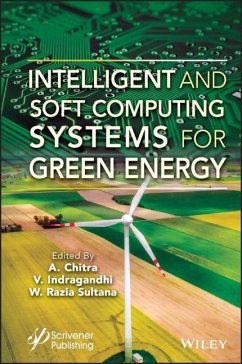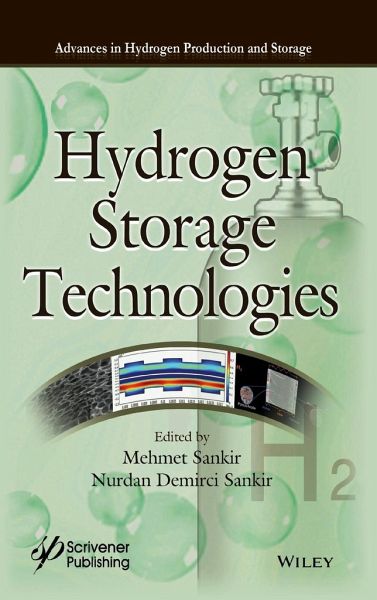
Hydrogen Storage Technologies
Versandkostenfrei!
Versandfertig in über 4 Wochen
212,99 €
inkl. MwSt.
Weitere Ausgaben:

PAYBACK Punkte
106 °P sammeln!
Hydrogen storage is considered a key technology for stationary and portable power generation especially for transportation. This volume covers the novel technologies to efficiently store and distribute hydrogen and discusses the underlying basics as well as the advanced details in hydrogen storage technologies.The book has two major parts: Chemical and electrochemical hydrogen storage and Carbon-based materials for hydrogen storage. The following subjects are detailed in Part I:_ Multi stage compression system based on metal hydrides_ Metal-N-H systems and their physico-chemical properties_ Mg...
Hydrogen storage is considered a key technology for stationary and portable power generation especially for transportation. This volume covers the novel technologies to efficiently store and distribute hydrogen and discusses the underlying basics as well as the advanced details in hydrogen storage technologies.
The book has two major parts: Chemical and electrochemical hydrogen storage and Carbon-based materials for hydrogen storage. The following subjects are detailed in Part I:
_ Multi stage compression system based on metal hydrides
_ Metal-N-H systems and their physico-chemical properties
_ Mg-based nano materials with enhanced sorption kinetics
_ Gaseous and electrochemical hydrogen storage in the Ti-Z-Ni
_ Electrochemical methods for hydrogenation/dehydrogenation of metal hydrides
In Part II the following subjects are addressed:
_ Activated carbon for hydrogen storage obtained from agro-industrial waste
_ Hydrogen storage using carbonaceous materials
_ Hydrogen storage performance of composite material consisting of single walled carbon nanotubes and metal oxide nanoparticles
_ Hydrogen storage characteristics of graphene addition of hydrogen storage materials
_ Discussion of the crucial features of hydrogen adsorption of nanotextured carbon-based materials
The book has two major parts: Chemical and electrochemical hydrogen storage and Carbon-based materials for hydrogen storage. The following subjects are detailed in Part I:
_ Multi stage compression system based on metal hydrides
_ Metal-N-H systems and their physico-chemical properties
_ Mg-based nano materials with enhanced sorption kinetics
_ Gaseous and electrochemical hydrogen storage in the Ti-Z-Ni
_ Electrochemical methods for hydrogenation/dehydrogenation of metal hydrides
In Part II the following subjects are addressed:
_ Activated carbon for hydrogen storage obtained from agro-industrial waste
_ Hydrogen storage using carbonaceous materials
_ Hydrogen storage performance of composite material consisting of single walled carbon nanotubes and metal oxide nanoparticles
_ Hydrogen storage characteristics of graphene addition of hydrogen storage materials
_ Discussion of the crucial features of hydrogen adsorption of nanotextured carbon-based materials




